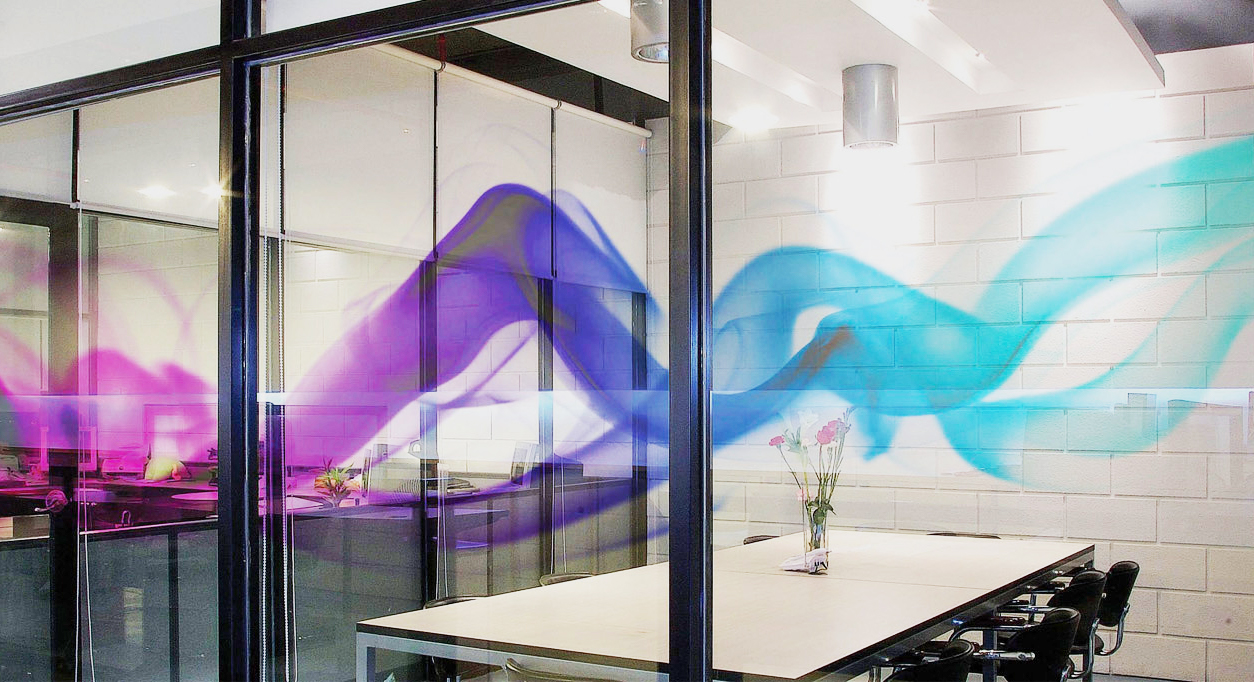Commercial building window tinting is a great way to reduce heat, glare, and UV damage from the sun. Commercial window tinting is also perfect for branding and privacy. However, it’s not always easy to determine how long a commercial window film will last. Factors that affect longevity include installation quality, frequency of cleaning and maintenance, as well as environmental conditions such as local weather patterns. In this post, we’ll go over each of these factors in detail so you can make an educated decision about which type of commercial window film is right for your property.
Local climate
One of the biggest factors affecting commercial window film longevity is the local climate. Sun exposure, humidity levels, and temperature fluctuations can all take a toll on window film. In areas with high temperatures and intense sun exposure, window film may only last a few years. Conversely, in cooler climates or areas with lower levels of sunlight, window film may last for up to a decade.
If you’re not sure what the average lifetime of window film is in your area, ask your commercial window tinting installer for advice. They should be able to give you an estimate based on their experience installing window film in your region.
Quality of materials
Another important factor in determining commercial window film longevity is the quality of materials. High-quality films that use durable dyes and metalized coatings last longer. Cheaper window films may fade or develop bubbles within a few years, so if you’re looking for a good investment for your commercial space, be sure to ask your installer about products that are built to last.
Quality of installation
The last factor affecting commercial window film longevity is the installation process itself. When installing, your installer should take precautions to ensure that all dust and debris is removed from the surface of the glass before applying adhesive or tacking down any loose edges. Any residual material can cause the film to prematurely peel or bubble.
In addition, window tinting installers should use a quality adhesive that won’t yellow over time or release harmful fumes. If the adhesive isn’t applied correctly, it can also lead to bubbling and peeling of the window film.
Windows current conditions
In addition to the quality of installation, the condition of your windows can also affect the longevity of window film. If your windows are in good condition, with no cracks or chips, the window film will adhere better and last longer. However, if your windows have existing damage, the window film may not stick as well and could eventually peel or bubble.
Frequency of cleaning and maintenance
Regular cleaning and maintenance can also play an important role in extending its life span. Cleaning and maintenance should be done more frequently to prevent streaks from forming.
Conclusion
Commercial building window tinting is a long-term investment, and with the right care, it can provide years of protection from the sun’s harmful rays. By keeping these factors in mind, you can choose the right window tinting for your business and ensure that it lasts for as long as possible.


 Norman Window Film is a division of Jackie Cooper Tint & Electronics, one of the state’s leaders in automotive, residential and commercial window film installation for over 30 years. We serve customers throughout the Norman and Oklahoma City metro area and are proud to provide free window film consultations, the top of the line window film products and the best quality installation by certified and highly trained and experienced installers
Norman Window Film is a division of Jackie Cooper Tint & Electronics, one of the state’s leaders in automotive, residential and commercial window film installation for over 30 years. We serve customers throughout the Norman and Oklahoma City metro area and are proud to provide free window film consultations, the top of the line window film products and the best quality installation by certified and highly trained and experienced installers